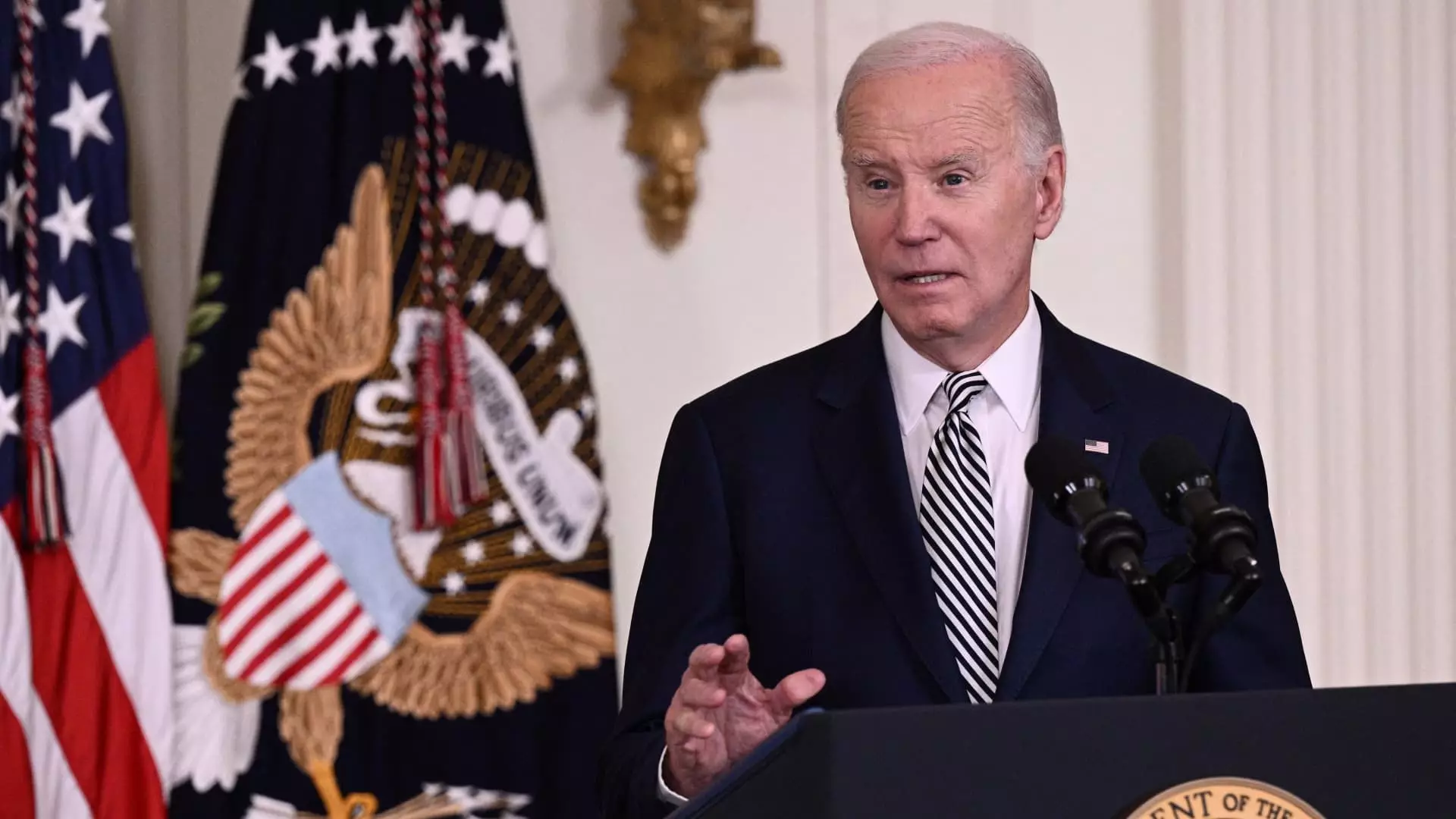The landscape of technological competition has shifted dramatically in recent years, particularly with respect to artificial intelligence (AI). Recently, the U.S. government announced a series of stringent new regulations aimed at controlling the export of AI chips and related technologies. This move reflects not only an attempt to maintain America’s technological edge but also an effort to strategically limit adversarial advances, particularly from China. The new regulations showcase a fundamental shift towards a more protective and competitive approach to international trade in advanced computing technology.
The latest regulations encompass a wide range of controls aimed at maintaining a U.S.-centric ecosystem for AI technology. By imposing stringent limits on AI chip exports, the government aims to curb the capacity of adversarial nations, primarily China, to utilize advanced computing power for military and other applications. As articulated by U.S. Commerce Secretary Gina Raimondo, the message is clear: the U.S. seeks to hold onto its leadership position in AI development and chip design. The legislation serves as a cornerstone of a larger strategy to ensure that America remains a front-runner in technological innovation amid rising global competition.
The framework of these regulations is multifaceted, comprising a tiered structure that delineates which countries will have access to U.S. technology and under what conditions. For instance, advanced GPUs, essential for training AI models, will see their export limitations severely constrained. This change follows years of concerns regarding the potential military applications of AI technologies in nations like China, Russia, Iran, and North Korea. The U.S. administration’s overarching aim is to create an impenetrable barrier around sensitive technologies, limiting these nations’ abilities to foster their own advanced capabilities.
The implications of these regulations extend far beyond U.S. borders. They mark a significant turning point in international trade relations concerning technology, with potential repercussions for global supply chains and competition. For instance, companies like Nvidia and Advanced Micro Devices may face new market dynamics due to the restrictions, as they are required to navigate this convoluted licensing regime.
Moreover, the regulations will create an uneven playing field in the global technology landscape. Countries categorized as “Tier 1,” including Japan, the United Kingdom, and South Korea, are granted exemptions that will likely enhance their technological capabilities relative to nations facing stricter export caps, such as Malaysia and Singapore. Critics argue that this approach may inadvertently bolster Chinese competitors, as restrictive policies may limit U.S. companies’ engagement in a broader global market.
The potential backlash from these regulatory changes has already begun; major industry players have voiced significant concerns. For example, Nvidia labeled the proposed regulations as “sweeping overreach,” asserting that they could stifle innovation by placing overly burdensome restrictions on technologies that are already mass-produced and available in consumer markets. Additionally, data center providers express worries about the potential loss of market share to foreign competitors who are not subjected to similar limitations.
The Balancing Act of Security and Innovation
While U.S. policymakers pursue a course of action aimed at securing national interests, this effort comes with a complex balancing act between national security considerations and the promotion of technological innovation. AI has profound implications for various sectors, including healthcare, education, and agriculture, potentially driving vast societal benefits. However, the dual-use nature of AI technology—which can be employed in both beneficial and harmful ways—poses a significant challenge for regulators.
Jake Sullivan, the U.S. National Security Adviser, emphasized the need to brace for the rapid evolution of AI capabilities, highlighting that these developments could fundamentally alter both the economy and national security landscape in the coming years. Still, it is crucial to recognize the moral and ethical dimensions of AI technology. The potential misuse of AI for surveillance, cyber warfare, or other nefarious objectives underscores the urgency of diplomatic dialogue and collaborative international regulations that can promote responsible AI development.
As the world embarks on this new path of stringent regulation, one must consider the next steps in the landscape of international AI governance. The U.S. must not only continue to fortify its own technological boundaries but also engage in multilateral discussions with allies to ensure a cohesive response to the challenges posed by AI proliferation. Developing a robust global framework that emphasizes responsible use, ethical considerations, and the potential for cooperation can help shape a more secure future where technology is harnessed for the greater good.
The freshly implemented AI export regulations mark a significant and multifaceted shift in the U.S. approach to safeguarding its technological interests. While the focus on limiting adversaries is certainly critical, balancing these efforts with the promotion of innovation and ethical practices remains paramount. The ramifications of this regulatory landscape will unfold in the years to come, shaping the future of AI technology globally.


Leave a Reply